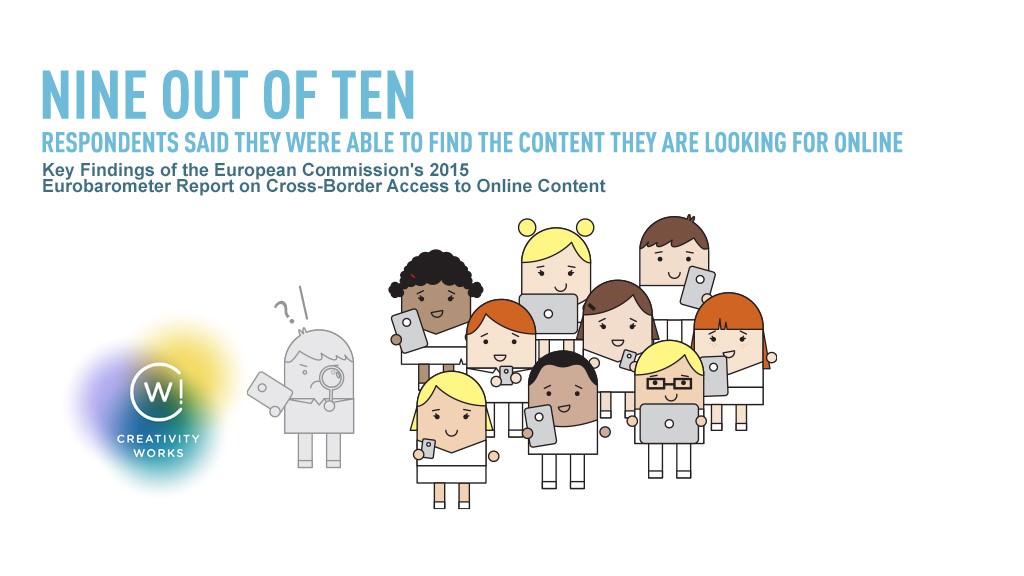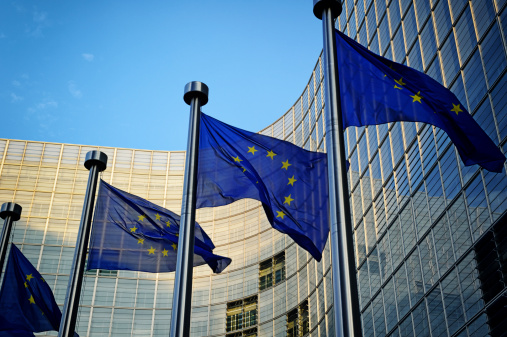TALKING COPYRIGHT AND THE DIGITAL SINGLE MARKET AT THE ANNUAL FORDHAM IP CONFERENCE
Many Europeans are skeptical of genetic modification when it comes to foods. Should they also be skeptical of genetic modification of … copyright laws? Maybe so.
That was precisely the subject of my remarks when I joined intellectual property professionals from around the world in New York City last week to speak at the 24th Annual Intellectual Property Law & Policy Conference at the Fordham University School of Law.
With its efforts to institute the Digital Single Market and the recent Proposal for a Regulation on Portability, the European Commission seems intent on tinkering with the DNA of the current copyright law. This could have uncertain results for the 7 million people in Europe’s core creative industries, whose livelihoods depend on the copyright system.
For example, when the law provides an exception to copyright, European and international law also provide clear parameters for that exception, such as ensuring it doesn’t interfere with normal sales, distribution or other uses determined by the copyright-holder of a film or other copyrighted work. It’s not so clear how the same rules apply if the EU institutions tinker with the DNA of the right itself.
At Fordham, I argued that caution is warranted before the EU institutions tinker with the DNA of copyright. The data supports that approach: research paid for by the European Commission confirms that over 90% of people are finding what they want online, and fewer that 4% try to access services from another member state.

It bears repeating that 7 million jobs in Europe’s core creative industries depend on copyright. Little modifications to copyright, one after another, have the potential to weaken the foundations that allow those people to earn a living and support their families in these industries. The EU Charter of Fundamental Rights requires that intellectual property be protected – another reason for caution.
That doesn’t mean that copyright law can never be changed; it does, however, mean that we should think twice before engaging in genetic modification. The European Commission should rigorously apply its own better regulation guidelines to all copyright proposals, including ensuring that they are backed by strong evidence.
In cases where the evidence isn’t there, then maybe we should stay away from genetically modified rights … and stick with organic.


